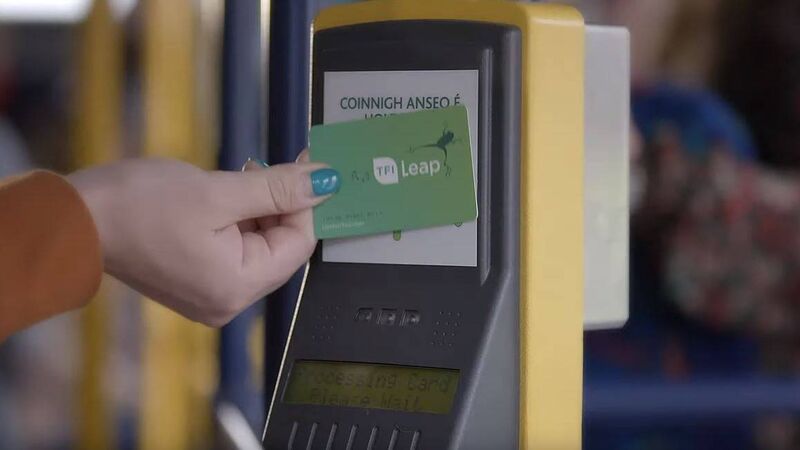NTA to spend €3m on data centres to store Leap card information

The Leap card is a top-up contactless card used on public transport services across the country.
The National Transport Authority is set to spend €3.1m on the use of two data centres to back up information from its Leap card systems and other commercial bus operations.
The NTA, Ireland’s public transport licensing agency, has called for tenders from data centre hosts with the expertise to migrate, host, and manage its data on an ongoing basis from 2024.










